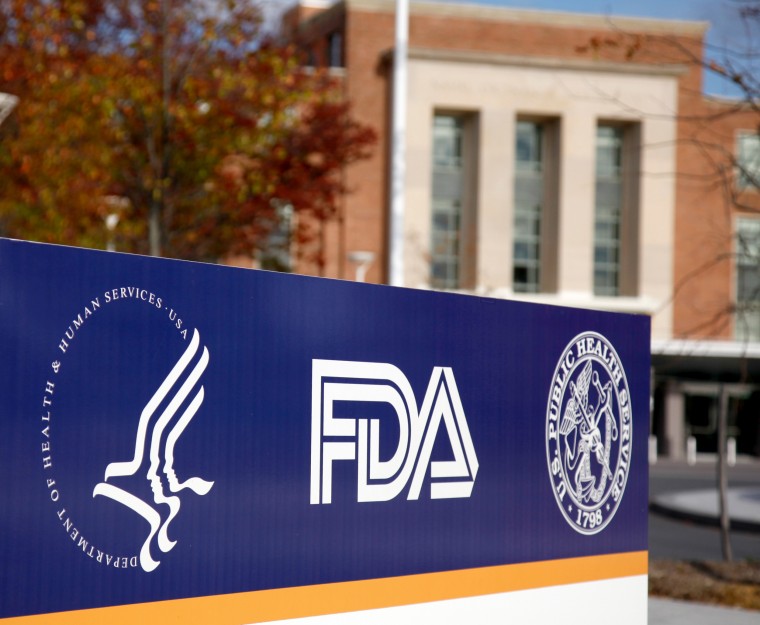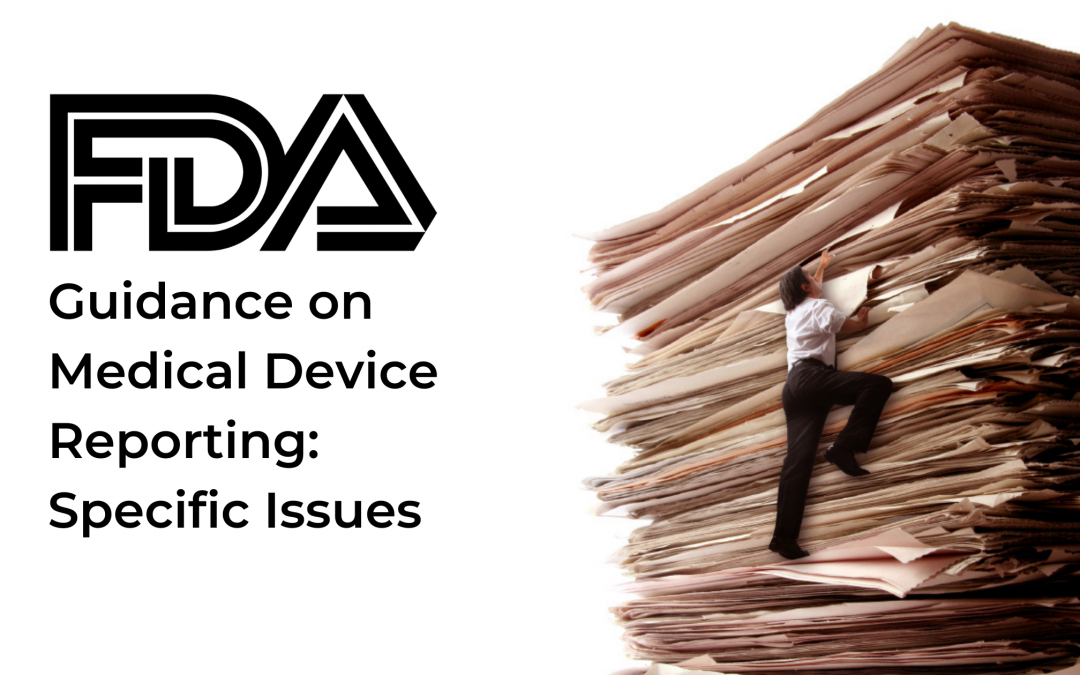The Food and Drug Administration (FDA or the Agency), the US regulating authority in the sphere of healthcare products, has published a guidance document dedicated to medical device reporting. The document is intended to provide medical device manufacturers and other parties involved with additional clarifications regarding the applicable regulatory requirements in the sphere of reporting incidents associated with medical devices marketed and used in the US.
At the same time, the FDA guidance itself does not introduce new rules and obligations. Moreover, an alternative approach could be applied, provided such an approach complies with the applicable regulatory requirements and has been approved by the authority in advance.
The present article describes the part of the aforementioned guidance highlighting the most important aspects to be considered for specific issues in situations including the following :

Table of Contents
Delay in Surgery
Should an incident be a result of a delay in surgery, it is important to identify the underlying reason for such a delay in order to determine whether the incident is subject to reporting or not. For instance, if it took additional time for the surgical team to get the properly sized device, this will not trigger the reporting requirements, provided the patient remains safe during this period. However, should the issue be associated with the defect or malfunction of a medical device involved, such an incident will be subject to reporting to the FDA, even if there were no adverse consequences for the patient.
Hence, according to the FDA it is the responsibility of the medical device manufacturer to collect additional information about the delay in surgery and grounds thereof in order to identify whether the medical device for which they are responsible has contributed to or caused the delay. The authority additionally states that even if the event hasn’t reached the reporting threshold, the manufacturer may still decide to report it if there are reasonable grounds to assume there was a malfunction of the medical device, and similar situations could occur in the future with the same or similar devices already available on the market.
Expected Life of the Device
The FDA emphasizes that the terms “warranty period” and “expected life of a device” are different in their nature. The latter refers to the time that a device is expected to remain functional after it is placed into use. Thus, a medical device manufacturer is not required to indicate an expected life for its products. The authority further states that the aforementioned term refers to the overall period the device remains functional irrespectively of calibration or regular maintenance the device requires in order to operate as initially intended by its manufacturer. However, when evaluating the expected life of a medical device, one should consider the device is properly maintained and serviced in accordance with the recommendations provided by the manufacturer.
It is also important to mention that some implanted medical devices have a limited life period and should be replaced upon their expiration. The authority additionally emphasizes that such a replacement should not cause harm to the patient. Otherwise, this should be treated as a reportable event.
Device Labelling
According to the guidance, an adverse event should be reported (provided it meets reporting criteria) even if there was an appropriate warning indicated in the labeling of a medical device. Hence, events that were anticipated or intrinsically caused by a device are not exempt from reporting.
The same approach should be applied in cases when the labeling clearly states that the device should not be used with another device or component, and the incident occurs when the device is used in breach of these warnings. In such a case, an incident still should be reported, but it wouldn’t be construed as resulting from the device’s malfunction.
Diagnostic Devices
If an event that meets the reporting criteria due to serious injury results from an incorrect performance of a diagnostics device, such an event should also be subject to reporting, provided there is a probability that similar incidents would occur in the future.

Events Involving the Same Patient on Different Days
If there are several incidents associated with the same patient, such incidents should be reported separately, provided each of the incidents itself meets the reporting criteria, even if all the incidents are associated with the same medical device.
Exemptions, Access and Follow-ups
According to the applicable legislation, certain exemptions in terms of medical device reporting could be applied. At the same time, according to the guidance, exemptions will not typically be time-limited; however, [the FDA] may revoke or modify in writing an exemption, variance, or alternate reporting requirements if [the FDA] determines that protection of the public health justifies the modification or a return to the generally applicable reporting requirements.
Another important aspect highlighted by the FDA relates to access to electronic files associated with the medical device report. It is stated that a medical device manufacturer shall duly keep and provide to the authority upon request all the materials associated with the incidents in which its products are involved. All information should be kept in a human-readable format.
The FDA further describes the approach to be applied by a medical device manufacturer when obtaining additional information regarding the event. According to the guidance, a medical device report should provide sufficient justification for not obtaining any part of the information to be included in such a report. Thus, a manufacturer will have to demonstrate the efforts paid to get the information required to carry out the investigation. At the same time, healthcare facilities are encouraged to provide medical devices in question to the manufacturers in order for the latter to be able to investigate the details. In other words, the medical device manufacturer responsible for a medical device should take all the reasonable steps to collect additional information about the adverse event to identify the reasons and determine whether it is a medical device that caused or contributed to the incident.
In summary, the present FDA guidance on medical device reporting provides additional clarifications regarding certain specific issues and situations that may occur and describes the approach to be applied by the manufacturer responsible for a medical device in question. The document also provides recommendations to be considered when determining whether the particular event is subject to reporting or not.
Sources:
How Can RegDesk Help?
RegDesk is a next-generation web-based software for medical device and IVD companies. Our cutting-edge platform uses machine learning to provide regulatory intelligence, application preparation, submission, and approvals management globally. Our clients also have access to our network of over 4000 compliance experts worldwide to obtain verification on critical questions. Applications that normally take 6 months to prepare can now be prepared within 6 days using RegDesk Dash(TM). Global expansion has never been this simple.


